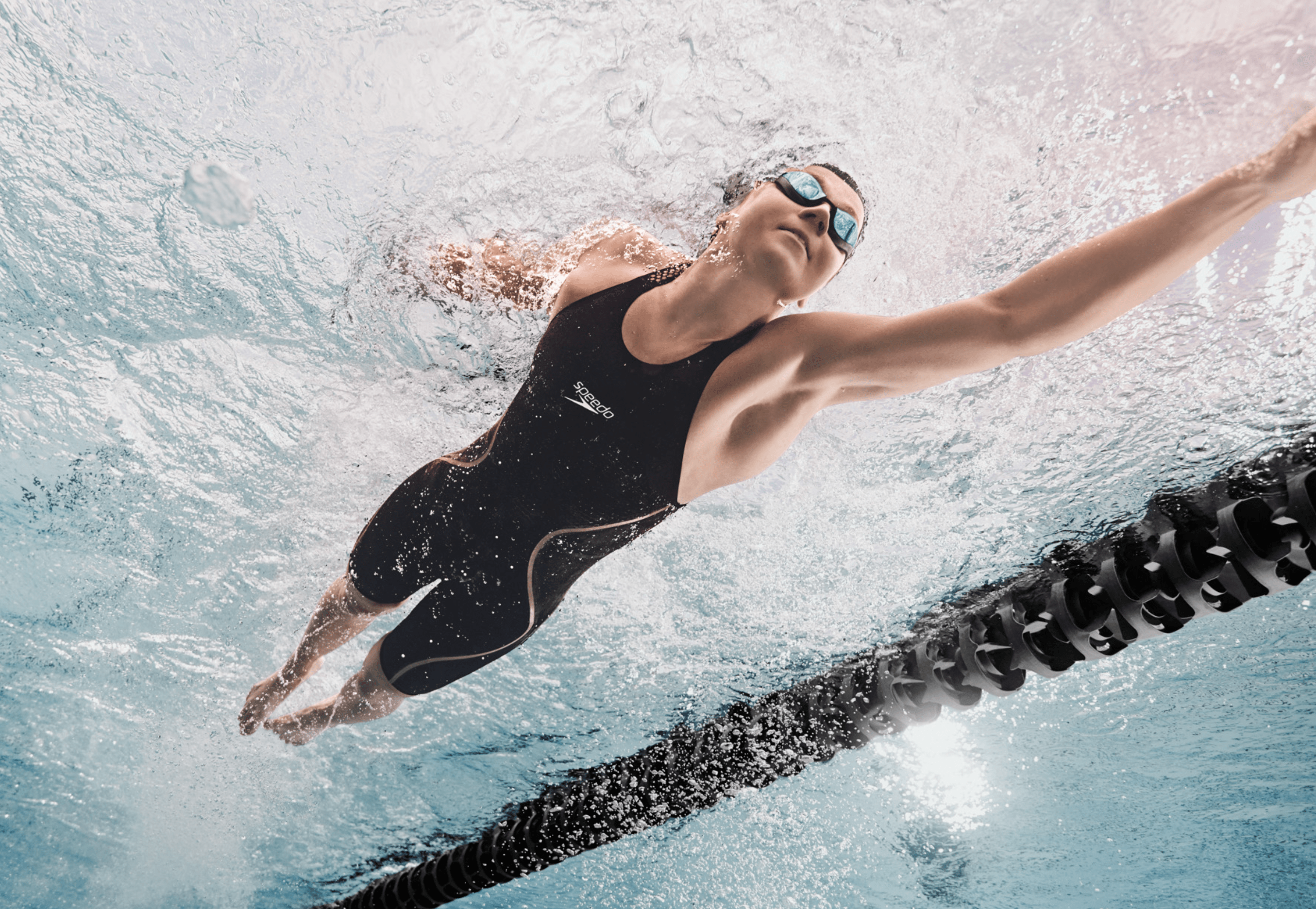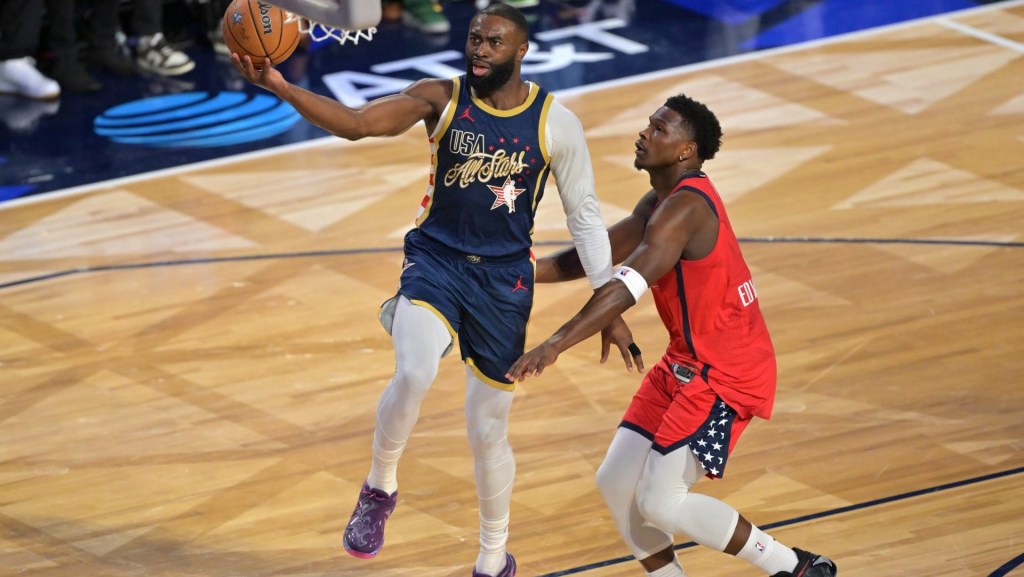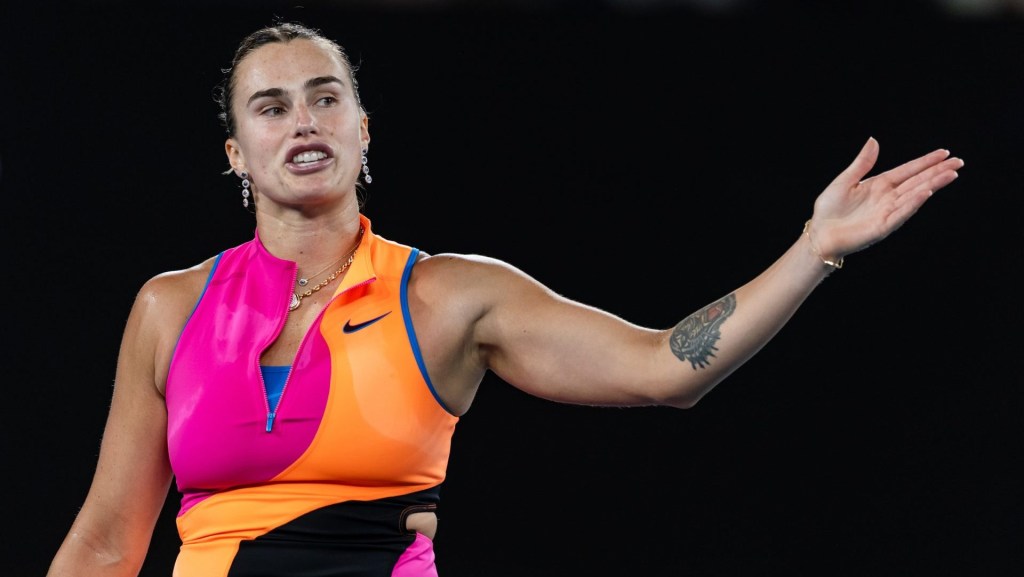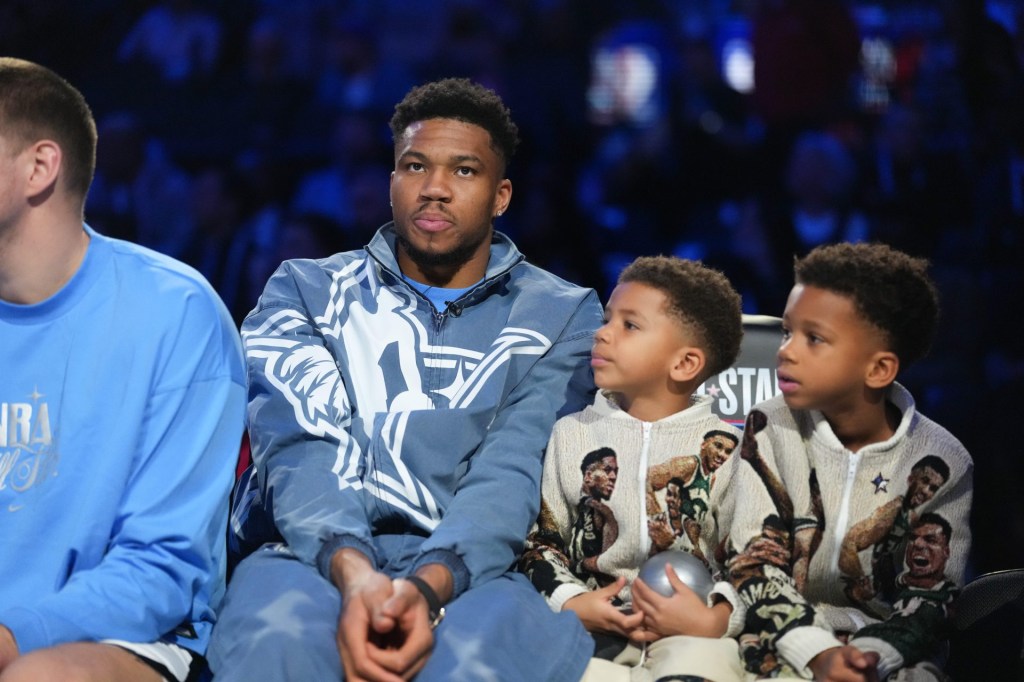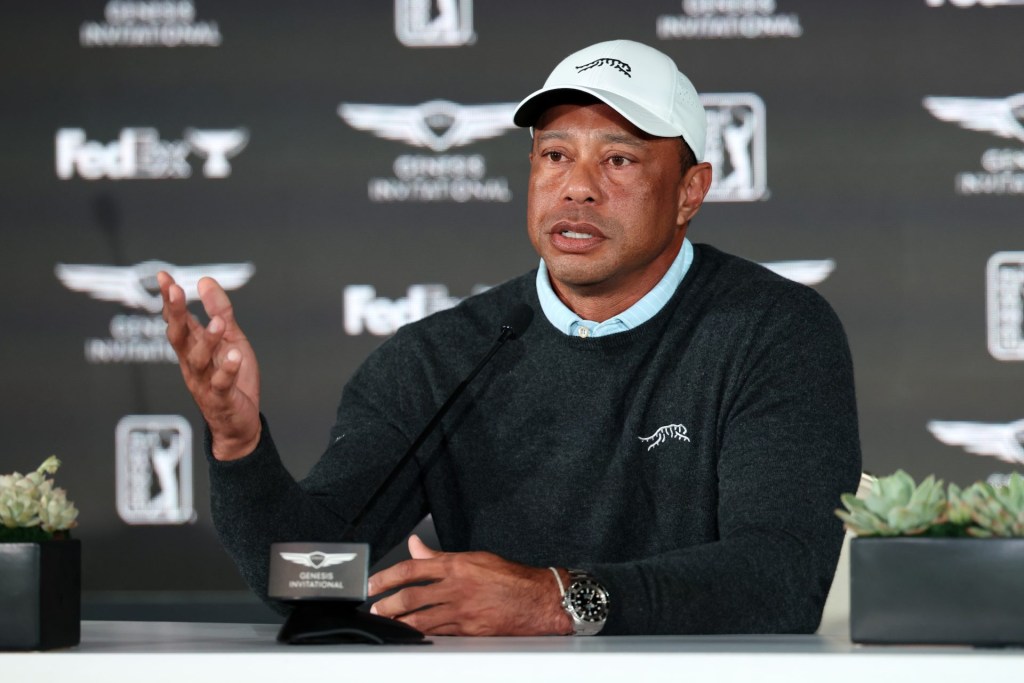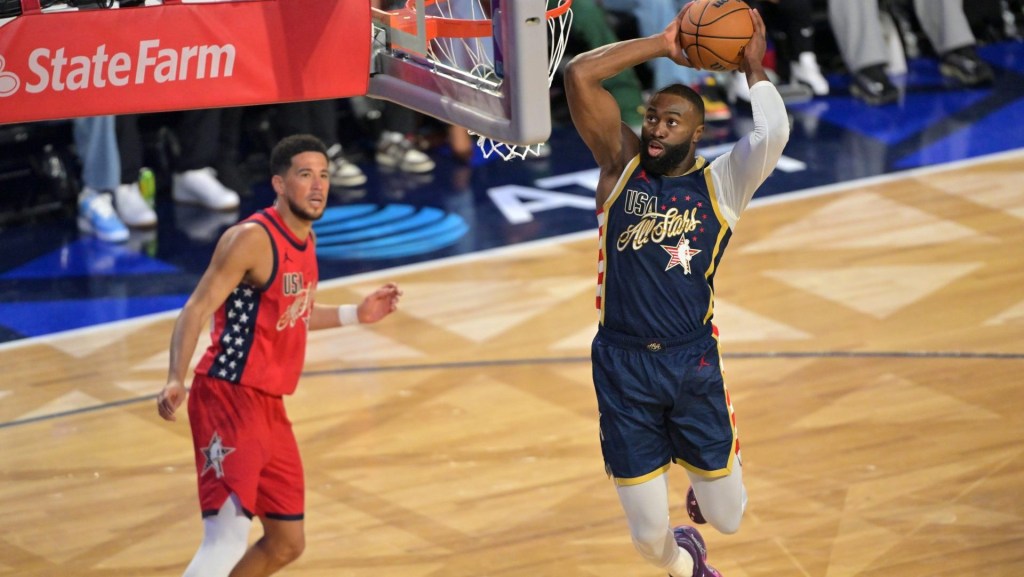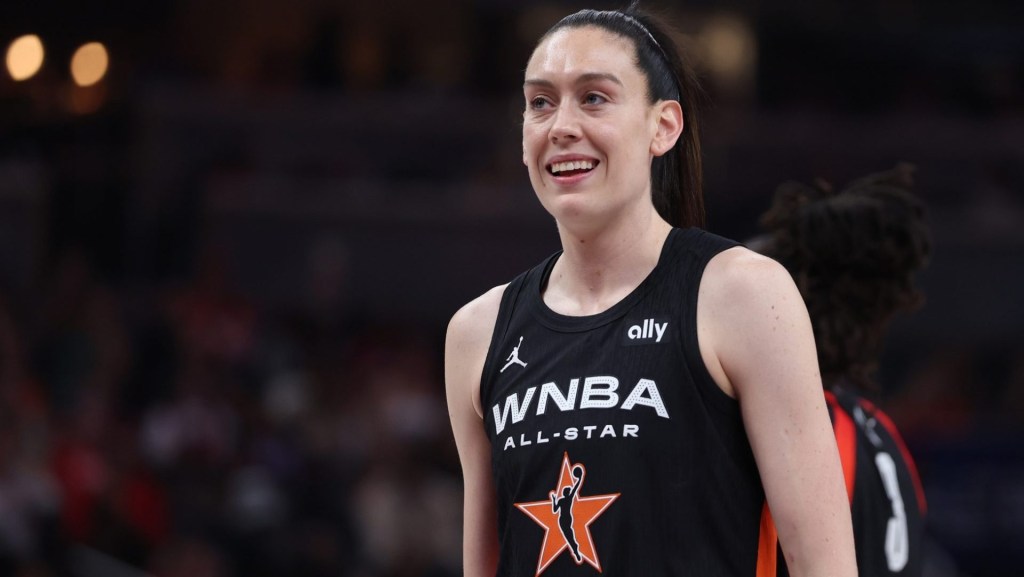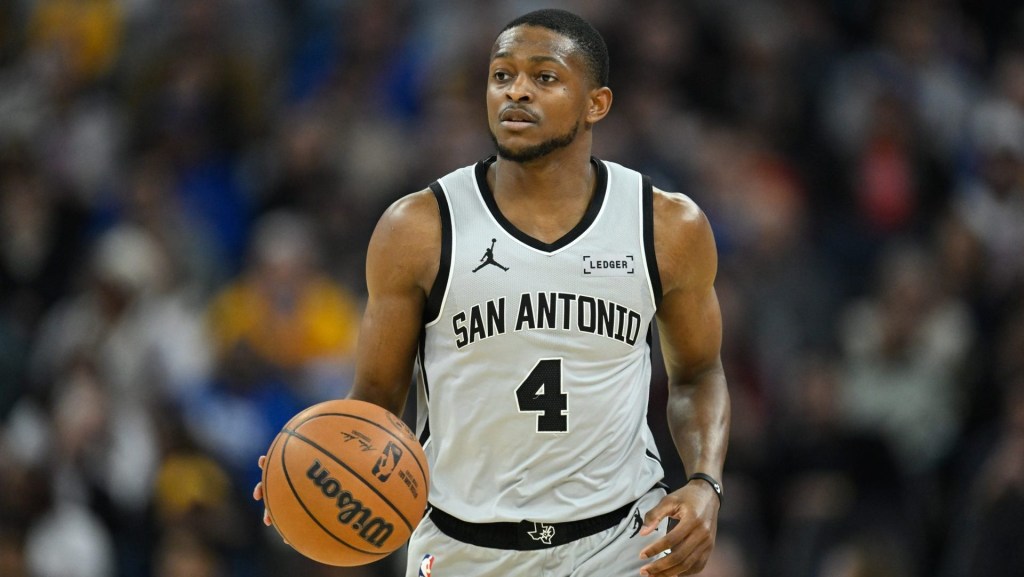Six-time Paralympic medalist swimmer Becca Meyers was at the top of her game in March. She was training with acclaimed coach Bruce Gemmell in D.C. — known for his work with Katie Ledecky — and living on her own.
But then the COVID-19 pandemic hit, creating unexpected new obstacles for Meyers, who was born with Usher Syndrome Type 1, causing profound deafness, progressive sight loss and severe balance issues.
Paramount among the challenges is the reality that masks, while integral for preventing the spread of the virus, cover mouths — negating Meyers’ ability to read lips.
“With the mask, it’s been really hard to kind of go out into the world and communicate with everyone,” Meyers said. “My independence in a way has been taken away because when I go out, I feel more isolated. I can’t quite communicate as easily.”
Ability to communicate is key for everything from just going to the grocery store, to practicing. Masks and social distancing guidelines limited Meyers’ ability to practice with her normal group to such a large extent that she moved back in with her parents in Baltimore and is training alone at a swim club.
There, she has the freedom to train in ways that make sense given her needs, but she’s not under the direct supervision of her coach. Meyers and Gemmell still communicate virtually, over text or email, however.
“The pool was my happy place, the one place where I felt very confident where I forgot about my disability for a while, and now I have to go to the pool with a mask, more assistance, and it’s just not fun,” Meyers said about trying to practice with a team early in the pandemic.
For Meyers, competitions were also something to look forward to that will now have to wait. She’s spent the last 10 years racing around the globe, learning the “art” of travelling.
“And then the biggest thing I love about competing internationally for Team USA, especially in the Paralympics, is that we all have our own challenges and disabilities and it’s really fun to come together at a major event and forget about our disabilities, to be able to step up on the blocks, put our head down and race,” Meyers said.
“We’re all on the same playing field, no one worries about their disabilities, and we just do what we love,” she added.
But there’s still plenty of reason for the 25-year-old, a two-time winner of the ESPY Award for Best Female Athlete with a Disability, to be excited about what’s ahead.
For one, she’s used her newfound downtime to double down on school work at Franklin and Marshall College, leaving her poised to graduate before the 2021 Games, when she had previously planned to postpone getting her degree.
Additionally, her relationship with her sponsor — swimwear giant Speedo — is helping her stay in the public eye even without regular races. Meyers signed with Speedo after the 2016 Rio Olympics, turning professional two years into college.
“They’ve given me a platform, allowing me to promote my message as a para athlete,” Meyers said. “When I was younger, I really didn’t have anyone to look up to — someone in athletics with a disability to look up to and admire. So Speedo has allowed me to be a role model on a larger platform.”
Meyers’ agent Dan Levy, who represents top female Olympic and Paralympic athletes including Ledecky, says that the postponement could actually lead to more business for Paralympians.
“Paralympians continue to make more of an impact in the Olympic marketing space each cycle,” he wrote in an email. “If anything, the one-year postponement and challenges that exist during a Pandemic have made their journey to Tokyo ever more compelling as they train to get ready for the Olympics.”
Levy added that Paralympic athletes are starting to gain traction in the sponsorship space, generally. He also noted that brands are looking for all of their athletes to inspire their consumers now more than ever.
“More companies than ever are looking to Paralympic athletes to create their own compelling content and tell their incredible origin stories,” Levy said. “The biggest challenge is that most sponsors look to Paralympians to make up a smaller percentage of their athlete ambassador roster but that is beginning to change.”
That’s great news for Meyers, for whom inspiring others comes naturally.
“Just being able to use that platform to spread my message: just because you have a disability doesn’t mean you are limited, you just have to find that one thing that makes you feel free and go for it,” Meyers said of the importance of her sponsorship deal.
“And that’s what I try and tell younger kids — that anything is possible.”
